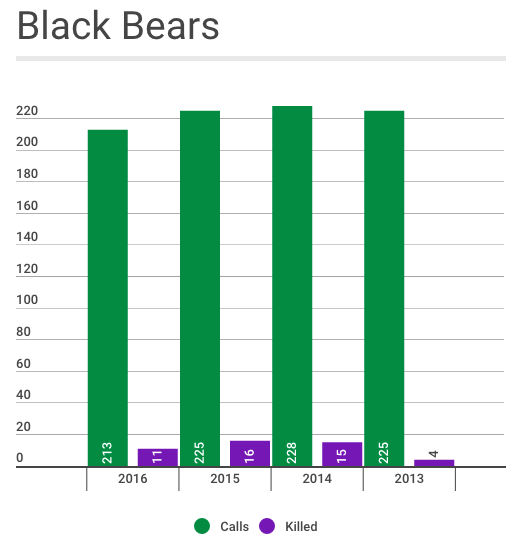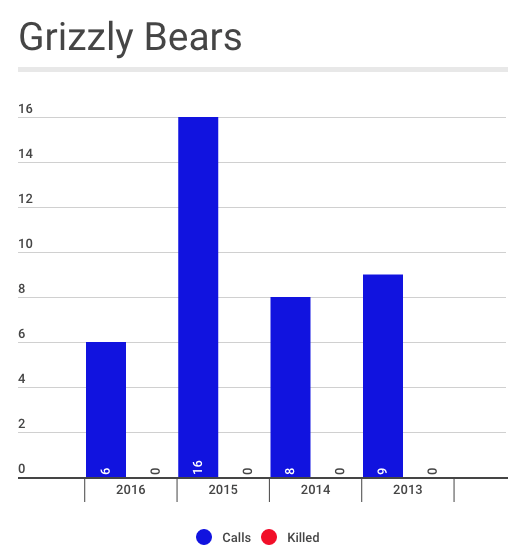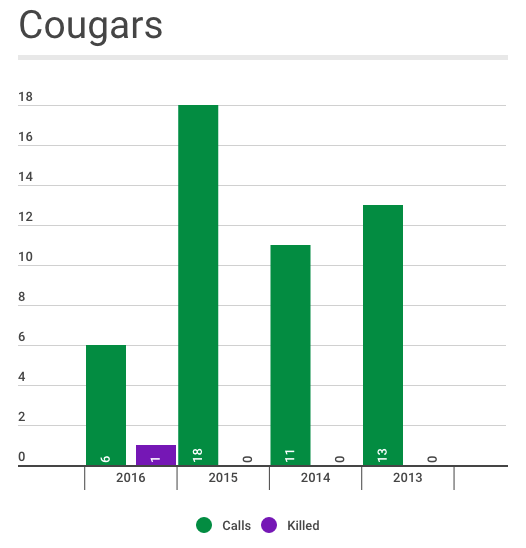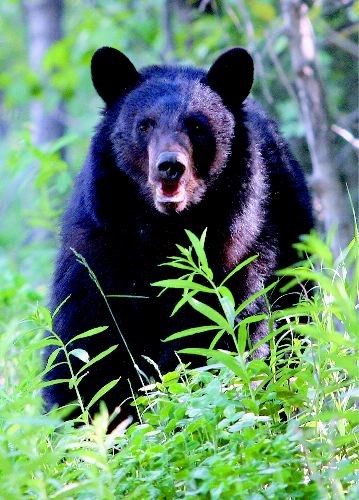Problem black bears have generated slightly fewer calls compared to previous springs, according to Conservation Officer Service numbers for the Prince George area.
From April 1 to July 4, the service fielded 213 calls for black bears, down by a dozen from the same period last year and by 15 from the spring before that. Eleven black bears were destroyed over that time, five fewer than last spring and four fewer than two springs ago.
Northern Bear Awareness president Dave Bakker is expecting the count to rise as the weather warms.
"This is the calm before the storm and this is where we hold our breath because once August, September and October roll around, you're going to see numbers double in half the timespan," Bakker said.

In other words, all the rules in terms of taking away the things that draw wildlife into the city still apply. Those include:
- Keeping garbage indoors or in a bear-resistant closed shed and wait until the morning of collection day to put out garbage containers.
- Making sure ripened fruit is picked from the branches of fruit trees and that all fallen fruit is regularly picked up off the ground.
- Taking bird feeders down for the summer months and put them back up only once the snow has fallen.
- Turning composts over once a week and refrain from putting meat, dairy products, fish, unrinsed eggshells and oils into the compost.
- Keeping barbecues clean and, if possible, store inside a bear-resistant closed shed. If not possible, purchase a cover or tarp to reduce odors.
- Feeding pets inside or bring the food dishes in immediately if pets do not finish it. Bags of pet food should be stored inside or in a bear-resistant closed shed.
Bakker also urged homeowners to keep ahead of the problem.
"Don't wait for it to happen," he said. "The bear season is normally from April to November and you have to be mindful and take the proactive steps for every single month and even before it starts."
Thanks to the mild winter, sightings began in February, Bakker noted.
"And last year, there was still a bear running around in mid-December in one area of town," he added.
"In the last 18 months, we've had only a month-and-a-half where there've been no bear sightings and that was through the winter."
Calls related to grizzly bears stood at six, compared to 16 last spring and eight the spring before that, and those related to cougars added up to just six, compared to 18 last spring and 11 for spring 2014. None of either have been destroyed in the last two springs.





